New section
We interview medical students, their prehealth advisors, and the admissions officers who accepted them to learn about their path to medicine. We also cover how they demonstrated the Premed Competencies for Entering Medical Students through the different parts of their application.
New section
New section
New section
Premed Competencies Guide & Resources:
- The Premed Competencies for Entering Medical Students
- The Parts of Your Medical School Application
- Anatomy of an Applicant Guide
- Self-Assessment Worksheet: Premed Competencies
- Self-Assessment Worksheet: Experiences
- Premed Competencies (PDF)
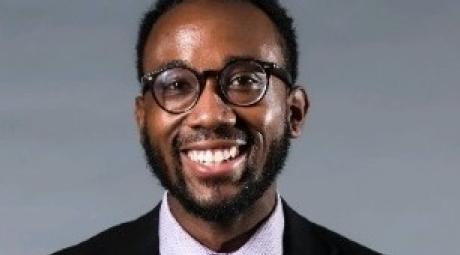
"The application cycle can be disillusioning and not without challenges, not unlike medicine, but remember to be ambitious, surround yourself with good people, work hard and enjoy the moment; you really can do anything."
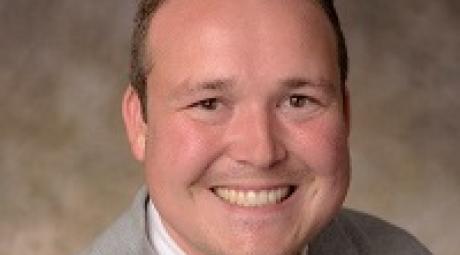
"My personal statement was a winding journey of how I went from being a bewildered high school graduate, unsure of my place in the world, to being certain I wanted a career as a linguist in the Air Force, to ultimately figuring out I belonged in medicine. I highlighted major forks in my journey focusing on different character traits that I developed with each experience."
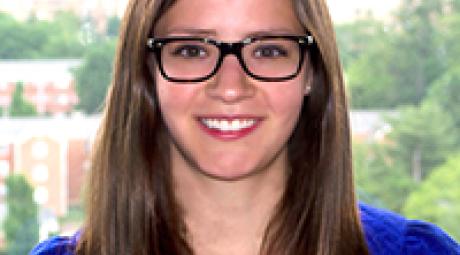
"Throughout the application process, I was worried that schools would automatically eliminate my application from consideration due to my undergraduate GPA. I was told that to most schools, applicants are merely a number and a GPA below 'x' would automatically throw someone out of the running for acceptance. These worries were unfounded, and I ended up landing several interviews and multiple acceptances."
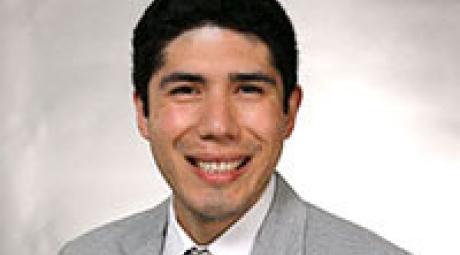
"It can feel as if only those with seemingly perfect applications get accepted and matriculate into medical school; however, once you begin medical school you will meet many individuals with diverse experiences and will realize that your own nontraditional pathway to medicine may be more traditional than you thought. With regards to my own pathway, I consider the adversity I faced a privilege because it has shaped me into the person I am and the person I am growing to be, within and outside of medicine."
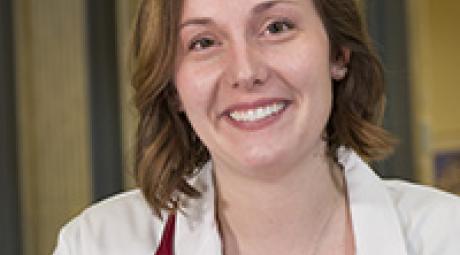
"Please don't become disheartened when the first, or the twentieth, rejection comes. Keep trying until you find your school because you are going to love what comes next. Getting into medical school made the painstaking process of applying, and applying again, worth it."
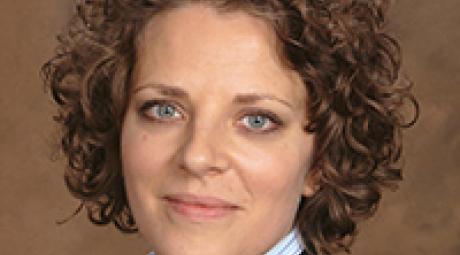
"After my service in the military, I struggled to find direction. I thought there was no way I could become a doctor given my background, but after shadowing a few physicians, there was a pivotal moment when I realized I could do the same thing."
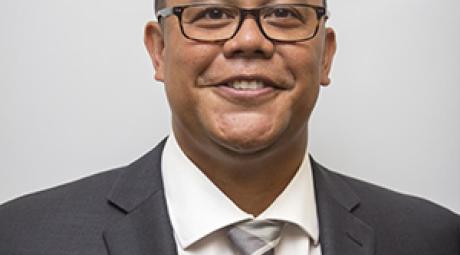
“I didn't think I could become a physician. I didn't know any Native Hawaiian doctors and didn't think that people from my background could do well in higher education. I proved myself wrong.”
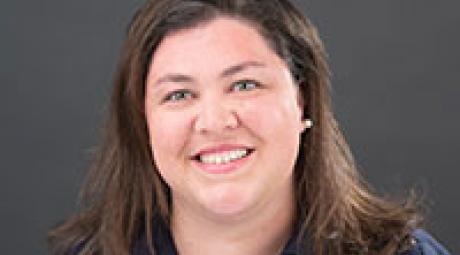
“I wasn't a slam-dunk perfect applicant who was published with a triple major. That person doesn't actually exist, but sometimes it seems like they do. I am a regular person who made choices and took risks. Sometimes I did well, and sometimes I didn't, but ultimately I succeeded in becoming a medical student.”
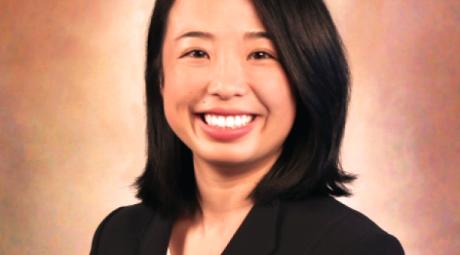
"Lean on your strengths. Everyone has weaknesses, insecurities, and flaws that they need to work on. Don't let this intimidating process distract you from the fact that you are capable [of] achieving your dreams of becoming physician."
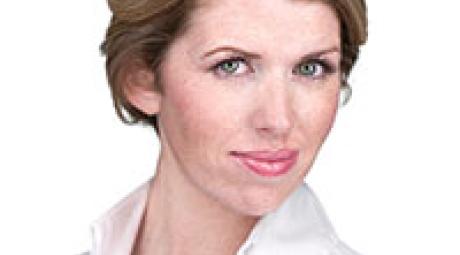
“I was nervous that admissions officers would tell me I'd never be a doctor, but that's not what happened at all. I was really happy I pursued the path I did.”
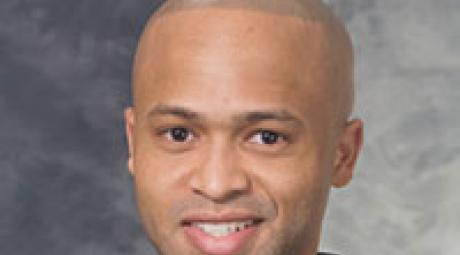
“Medical training, and medical practice, is extremely humbling. You might do everything right and still not get your desired outcome. Always remember the importance of preparation and perseverance. Preparation will get you ready for the challenges, perseverance will keep you going when preparation isn’t enough.”
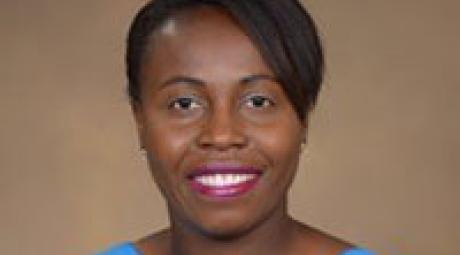
“Not being perfect is okay. Focus on the strengths you have and take time to appreciate the steps that you take to continue improving yourself.”
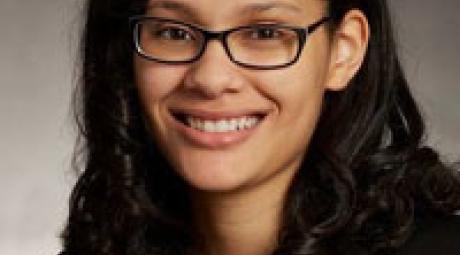
"My road to medical school is similar to many others. I participated in research, volunteered, and worked to maintain my grades. So, when I was filling out my application, I asked myself, 'What makes me different? What makes my story unique?' Thinking about why I was a unique applicant helped me distinguish myself from others and increased my confidence."
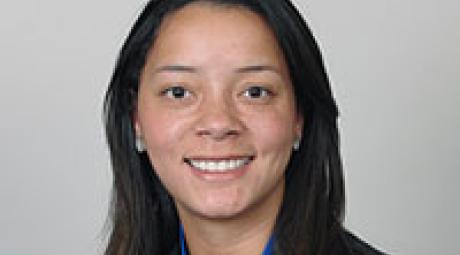
“If you believe you can do it and you are worth it, don't doubt yourself, because if you doubt yourself, it will come through. Stay true to who you are. It's OK if you're not an applicant with straight A's or a perfect MCAT® score. That's what makes us human.”